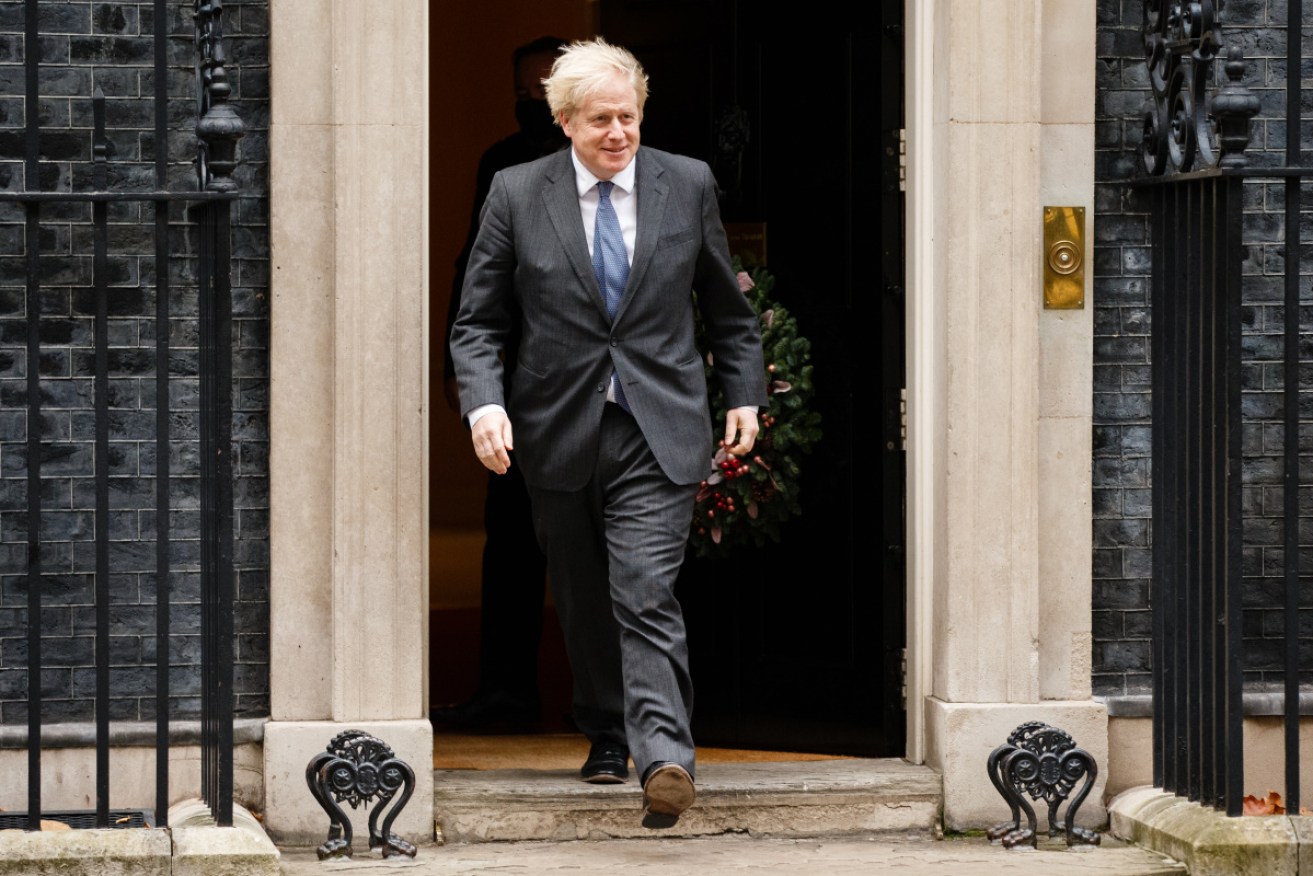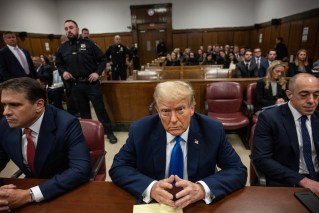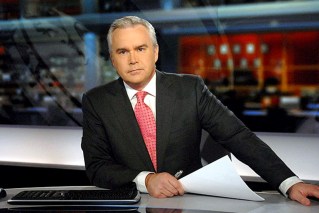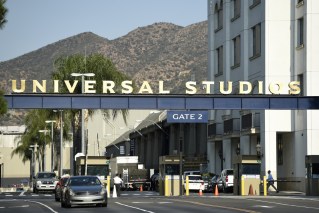A ‘no-deal’ Brexit is on the horizon. Here’s what it means for Australia


Boris Johnson says the UK may exit its transition arrangements with the EU without a trade agreement. Photo: Getty
After failing to resolve key trade issues despite months of negotiations, a ‘no-deal’ Brexit seems inevitable – and economists say it will ultimately leave Australia “worse off”.
To secure a deal, the United Kingdom must sort out stubborn trade issues with the European Union by December 31.
But despite claiming they would “go the extra mile” to reach an agreement, UK Prime Minister Boris Johnson and European Commission President Ursula von der Leyen have conceded a ‘no-deal’ Brexit was the most likely outcome.
“Now is the time for the public and for businesses to get ready for January the 1st, because believe me there’s going to be change either way,” Mr Johnson said.
“There will be change whether it’s a Canada-style deal or an Australia-style deal, but we certainly now need to make proper preparations for that Australia solution.”

A socially-distanced Brexit meeting between British Prime Minister Boris Johnson and European Commission President Ursula von der Leyen. Photo: Getty
What does an ‘Australia-style’ deal mean?
An ‘Australia-style’ trade deal essentially means a no-deal Brexit.
This would result in the introduction of strict border checks and taxes on goods travelling between the UK and the EU, bumping up prices for British and European shoppers.
It could also trigger huge delays in stock, as trucks bringing in products would need to undergo extra border checks.
An ‘Australia-style’ deal is an unfavourable outcome, according to University of New South Wales economics professor Tim Harcourt.
“It’s interesting, because Boris Johnson is talking about getting Australian conditions for Britain, and we’ve been having them with Europe for a long time and we don’t like them,” he said.
“With the cost of the European agricultural subsidies, you could send all the cows from France around the world business class twice.”
For two years, Australia has been trying to negotiate a more favourable free trade agreement with the EU to no avail.
At the moment, we deal with the EU mainly under standard World Trade Organization (WTO) rules, meaning a range of tariffs, quota restrictions and customs checks are slapped on many traded goods.
Although there are some special agreements in place, like concessions on wine imports, the deal is certainly nothing to sing about.
Last week, former prime minister Malcolm Turnbull told BBC’s Question Time our current trade arrangements with the EU create “very large barriers to Australian trade with Europe”.
“Be careful what you wish for,” he said.
“Australia’s relationship with the EU is not one, from a trade point of view, that Britain would want.”
Tweet from @bbcquestiontime
How will a no-deal Brexit affect Australia?
Compared to China’s crushing tariffs and the economic fallout from the coronavirus pandemic, a no-deal Brexit is “low on our list of negative influences,” said Dr Harcourt.
It will, however, limit some opportunities for Australians doing business in the UK, because access to Europe will no longer be so easy.
“I think for the most part, small businesses will continue to use the UK as a market in its own right,” Dr Harcourt told TND.
“But they won’t be using it as a springboard into the Channel, because there won’t be that advantage anymore.”
To affirm Australia’s close relationship with the UK ahead of Brexit, the two countries have struck several new agreements.
In 2018, they signed an agreement for the peaceful use of nuclear energy, and in January 2019 a Wine Agreement and a Mutual Recognition Agreement, said Professor Philomena Murray, an EU-Australia relations expert from the University of Melbourne.
The two countries have also signed a Memorandum of Understanding for continued air services, while the UK Financial Conduct Authority and Australian Securities and Investments Commission have signed two further memoranda.
But despite moves to strengthen our bilateral relationship – including talks of the potential mutual benefits of a post-Brexit deal – the reality is the UK hasn’t been our top two-way trading partner since the late 1960s.
China now claims that title, while the UK places seventh in the Department of Foreign Affairs and Trade (DFAT)’s 2018-19 rankings.
As a bloc, the EU is Australia’s third largest trading partner, according to DFAT, and its close ties to the UK means a no-deal Brexit will sting.
Overall, we’ll be worse off because it’s going to have an impact on our major trading partners – mainly Europe,” said Angela Jackson, a lead economist at Equity Economics.
“I think really it’s the last thing Europe, which has been ravaged by COVID-19, needs.”
Although Australia could benefit from some trade opportunities with the UK, ultimately exporters are going to benefit more from a strong international economy, Ms Jackson said.
“A no-deal Brexit will further weaken Europe and that’s not good for Australia,” she said.
“You could argue in the long-term, we’ll sell them more agricultural goods and wine, but I think ultimately, what’s in Australia’s best interest is strong economic international growth.”








